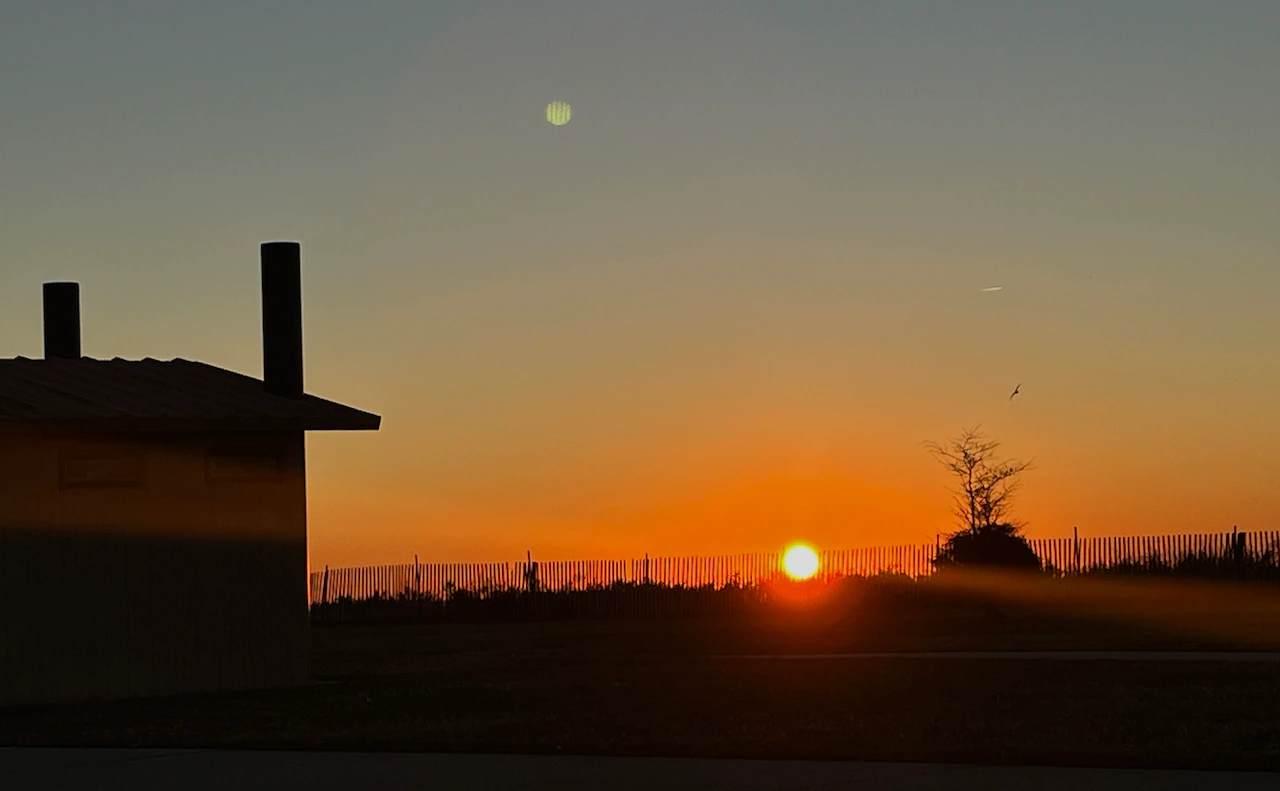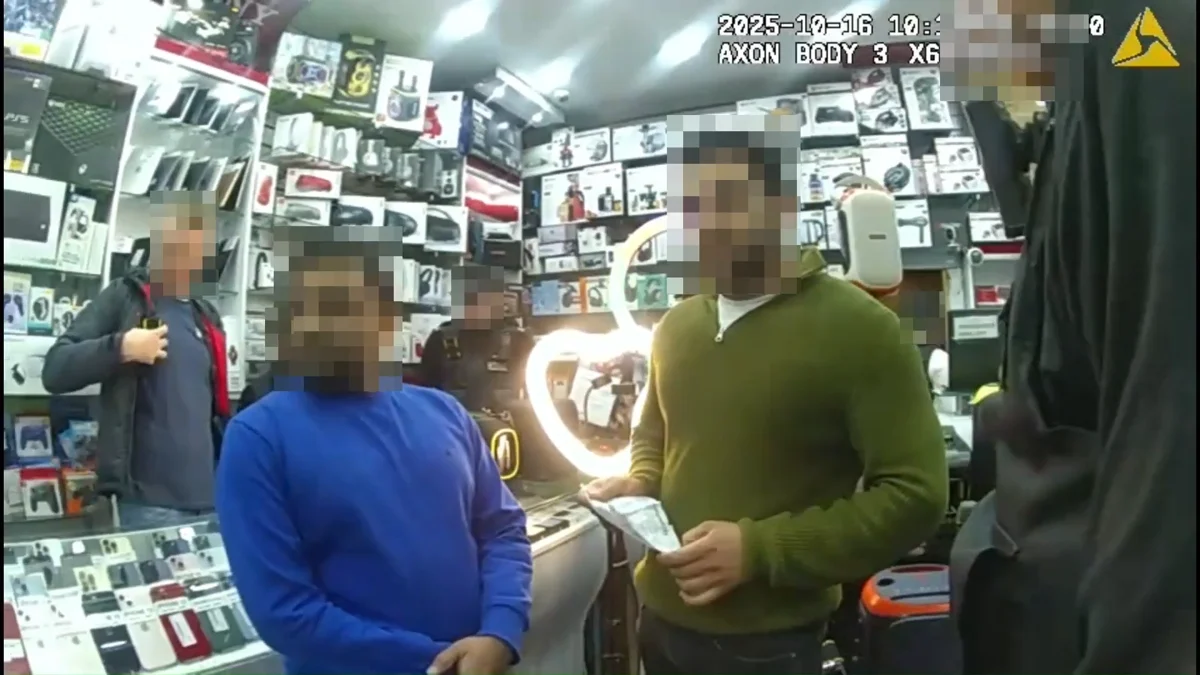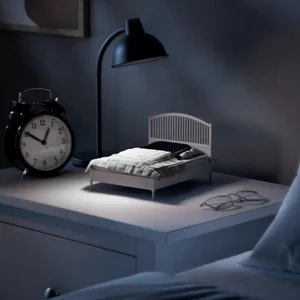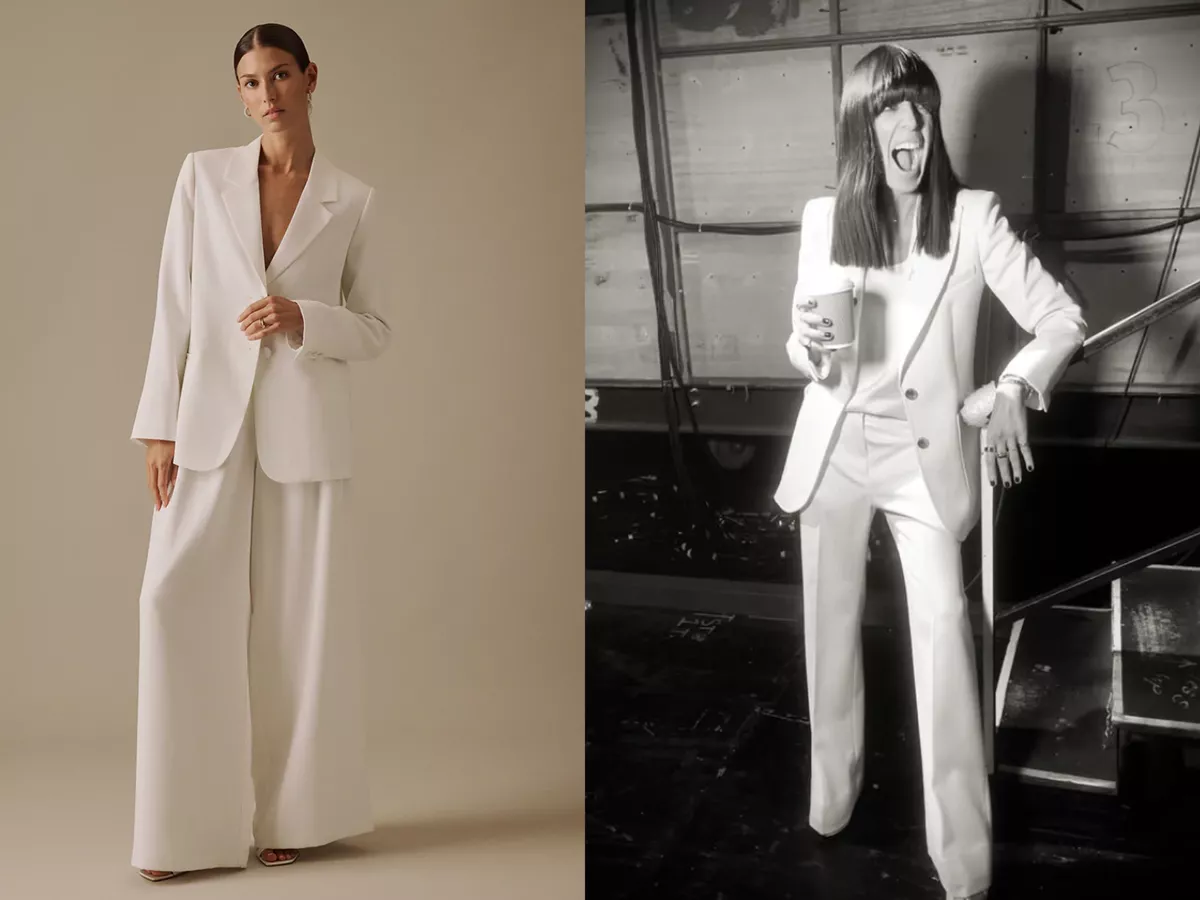Copyright New York Magazine
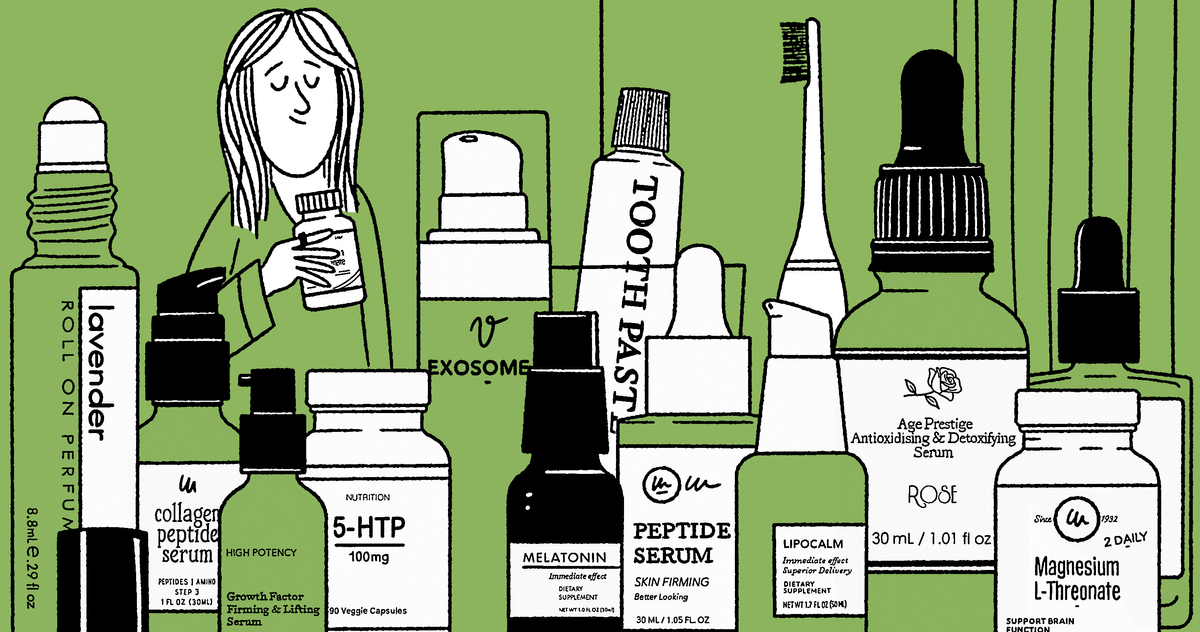
Welcome to Wrinkles Week on the Strategist, where we’re deeply vetting skin-care solutions for anyone who’s looking to smooth fine lines and wrinkles (or prevent them showing up in the first place). For more, head to our Wrinkles Week hub. Dr. Jessie Cheung is a cosmetic dermatologist whose practice focuses on anti-aging, wellness, and sexual health. “Internal wellness is a huge part of your external radiance and glow,” says Dr. Cheung, who uses a variety of “biohacking” techniques to maximize her health and longevity but champions sleep as the “No. 1 and cheapest biohack you can do.” From taking an array of daily supplements to sleeping on an anti-wrinkle pillow, here’s how she gets the best sleep she can in order to age as gracefully as possible. Being a cosmetic dermatologist, it’s all about the skin and how we look and having confidence. Biohacking, to me, is all about using science and technology to help us age better and have a better health span, not just a lifespan. Fifty is the new 30, hopefully, right? I just turned 48 last week. I look pretty good. I feel pretty good. We’re all stressed out nowadays — I’m working, I have kids, I have a husband, I have pets. I also travel quite a bit for work; I cross a lot of time zones. It’s pretty hectic. Sleep is when your body is resting and repairing. It sounds hokey, but we’re bombarded with all these toxins throughout the day: pollution, the chemicals we’re eating, bad stuff in our diet and environment. Your brain’s actually detoxing when you’re sleeping. It’s the busiest part of our body. So we really have to unplug, let the brain relax. All the supplements I take help support that. People think of melatonin more as helping you fall asleep. But research has shown high doses of melatonin actually act like an antioxidant. I take a high dose of melatonin every night. It can help repair damaged cells and protect them from further inflammation. I also love adaptogens. Adaptogens are an umbrella term for plant supplements that help with your body’s response to stress. They don’t make you sleepy, but they help you sleep better. When you do fall asleep, you basically end up sleeping deeper because your body’s less tense. Saved View Want to be emailed when products you’ve saved are over 20% off? Success! You'll get an email when something you've saved goes on sale. Yes New! You can now save this product for later. Saved View Want to be emailed when products you’ve saved are over 20% off? Success! You'll get an email when something you've saved goes on sale. Yes New! You can now save this product for later. I take L-theanine, because it’s very calming. Then 5-HTP is like a serotonin precursor; serotonin is that happy, chill hormone, so I have 5-HTP in one of my sleep supplements. Magnesium threonate also helps with relaxing. I prefer liquid liposome formulas when possible. They’re liquids that you pump under your tongue, and hold them there for ten to 15 seconds, and then you swallow and it’s a very fast delivery system that bypasses your gut and gets into your blood and does its job. I have one that’s a melatonin and one called LipoCalm, which is PharmaGABA. PharmaGABA calms your brain and helps you sleep better. I do hormone therapy. Mine were prescribed by a doctor after reviewing lab work. I don’t believe in a one-dose-fits-all approach — hormone optimization should be personalized and data driven. I’m on testosterone pellets, which delivers a low level of testosterone all the time. Testosterone for women is actually really calming. I’m not in menopause yet, so I don’t need estrogen, but I do take progesterone every so often. Progesterone is a huge hormone for women for muscle relaxation, for calming our brain, so it helps me sleep deeper when I take it. Finally, I think of growth hormone as almost like the fountain of youth. It helps your metabolism, it helps your brain, it helps your immune system. It helps keep your cells acting healthier. Starting in the late 20s, our growth-hormone production decreases. We know it helps you sleep a lot. When I started taking it, I was like, Oh, I’m sleeping a lot deeper now. I’ve been grinding my teeth for like 30 years and I’ve lost quite a bit of bone in my jaw from chronic muscle tension. So I Botox my jaw pretty regularly to keep my muscles small and prevent more bone loss. But I also have a custom mouth guard from my dentist, which helps relieve that tension. I switched to a pillow that has ergonomic cutouts for your shoulders, the sides of your head, and the back of your head. It keeps your neck and spine very neutral. If you roll onto your side, because it’s got a cutout, you’re not putting all that pressure and squish on your face, which gives you crow’s feet. The one I use is discontinued now, but there are similar ones online. Of course you also want to have a nice silky satiny pillowcase to help with your skin and your hair to decrease friction. My silk pillowcase and blanket are by a company called Intelligent Threads; I don’t really understand how it works, but there’s something proprietary woven into the fabric that is supposed to relax your muscles. It sounds very woo-woo, I know. But I sleep very well with the blanket. I think sleeping with wrinkle patches is a fad, but there is some science behind it. They’re fun to play with. Could I ever get used to taping my mouth? No, because that would just make me feel weird. I don’t want the tape adhesive on me, either — that can be irritating for some people. But if it helps you, great. I prefer to do things that have more efficiency. I just microneedled myself today, actually; that’s gonna do a lot more than wearing a patch. I use a sunrise alarm clock. It’s a Phillips one that looks like a little globe. It brightens up the room a bit before the alarm goes off, so it’s less stressful when you wake up. I used to wear a glucose monitor and it showed that when the alarm went off, my cortisol would spike, my sugar would spike, because of the stress of that wake-up alarm. Saved View Want to be emailed when products you’ve saved are over 20% off? Success! You'll get an email when something you've saved goes on sale. Yes New! You can now save this product for later. I also have Night Shift turned on on my phone at 6:30 p.m. every night. That way I don’t want to look at my phone as often. It’s not just colorful and exciting, but it also helps to not suppress my melatonin production. My goal is going to bed at 11 p.m., getting up right around 7 a.m. I get seven to eight hours of sleep every night, which is actually pretty good. People think that as you get older you need less sleep. I think that’s a lie. I think older people don’t sleep as well because they’re producing less hormones, their body doesn’t recover as well. They actually need more sleep, but it’s hard for them to get. I have an Oura ring, and back when I first started wearing it, my sleep stats were not good. Now I routinely get 95s, a little crown sticker. Saved View Want to be emailed when products you’ve saved are over 20% off? Success! You'll get an email when something you've saved goes on sale. Yes New! You can now save this product for later. Skin care does work. You just have to be consistent with it. I put like seven or eight products on a couple times a day. I just pump and glob, pump and glob. I’m sort of a product junkie, but that’s my job. I use antioxidants, growth factors, peptides, exosomes. Some are more for the nighttime versus the daytime, more repair versus just protection. In the morning, sunscreen is nonnegotiable. My SPF is a minimum of 30. I’m a bigger fan of physical blockers, not chemical, because the chemical blockers degrade over time when they absorb that sun energy. Physical blockers like zinc, titanium — they can nano it nowadays, so it’s not as white and chalky on your face. I use a tinted sunblock every day from Alastin. It’s almost like a foundation, but it’s not as thick. It gives you a little bit of glow. You can get a little crazy with the technology. I have a bunch of stuff at home. I have a vagal-nerve stimulator; you push it into your neck for a couple minutes and it feels a little tickly. It helps calm down your nervous system. I have an infrared sauna in my basement, where you open the door and sit in there. I also have an infrared sleeping bag that you sit in and it’s heated; it’s been shown to help with detoxification, circulation, and lymphatic draining. A PEMF — pulse electric magnetic field— mat does similar things. It’s all about relaxing and restoring. My dogs will sit there with me when I’m watching TV. I think they feel better on it too. There’s also aromatherapy. I have one of those little roll-ons that has a lavender scent. I don’t use it all the time because I do sleep pretty well without it. But I’ll use it if I’ve had a stressful day. Just the smell helps to calm you down. I have an app I subscribe to for binaural beats. It’s called NUCALM. Binaural beats put you into a meditative state. So if I’m traveling, I’ll listen to it on the airplane to switch time zones to prep my body so that when I do fall asleep, it’s a lot easier for me to have that deeper sleep. More From The Strategist The Best Clean Anti-Aging Skin-care Routine, According to Experts An Advent Calendar for Every Kind of Person The Best in Class Hall of Fame I Own 20 Pairs of Loafers. These Are the Ones Worth Buying. See All
